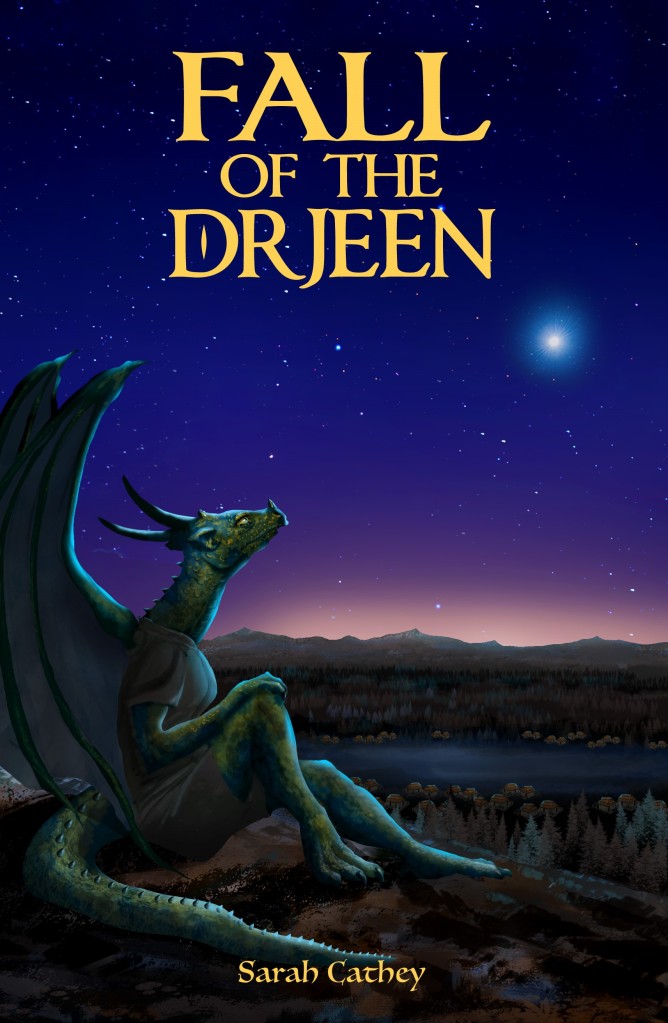Right now I am sitting here writing. The sky is dark. The grass outside my sunroom office is curiously green, a brightness I’d expect upon following the yellow brick road into the emerald city. Lightning bursts shatter the monotony of an overwhelmingly humid afternoon. And I’m distracted.
There are several behaviors that create a great writer. But, more, there are exceptional behaviors and practices that manage the difference between a good and great writer. Great writers have the ability to move past personal obstacles such as procrastination and put aside distractions so they can continue and complete books.
Did you know, that when asked, “What has prevented you from writing a book?” the most common response is, “having the motivation to finish it.” There is a difference in writing between adequate, good, and great writers. But, more, there is a difference in the ability to complete. Great writers are great because they continue to plug away. When others give up, great writers persevere.
Today, I’d like to share a simple, yet effective tool to help you focus on your writing and avoid distractions. Admitedly, I don’t use this tool consistently. I pull it out – my big guns – only when needed. That means I pull this tool out when I can’t focus, when I am jumping down the rabbit hole of Google, or when the thought suddenly arises, how do I build a grass tennis court?
So, how do I manage my distraction? With a notebook and pen.
Yep, you read that right. My only tool to manage distraction is a writer’s go to. In my early twenties I realized that my mind was everywhere. I couldn’t focus on anything. Some people call it multi-tasking. I called it multi-tasking. But, then, I was reading a book and the author mentioned that there is no such thing as multi-tasking. You may be able to move different parts of your body at the same time, but the reality is that you are never multi-tasking. You can only do one thing at a time. What people call multi-tasking is doing many things, one at a time, in a short period of time. For example: Writing your book, you answer a ringing phone and talk for a minute, then your kids walk in and ask you to make a snack, then you sit back down to write, then you text your friend. That is six things, but not multi-tasking. For each of those things you started, stopped, and started something else. This is what most people mistakenly call multi-tasking and its highly inefficient.
My worktime is important to me. If I am not working then I am not making money. I don’t have a company who will pay me regardless of what I’m doing. So, when I sit down for four hours, I better be working during those four hours. That’s where my distraction notebook comes in.
As I’m writing, anytime I feel distracted, want to look up a random fact, or are thinking about a conversation I flubbed, I turn to my notebook and write a quick note down to come back to that thought when I am done writing. Then, when I am done with work, sitting in front of the TV, or just putsing around the house I go through my notebook to see what I want to look up. More often than not, those overwhelming questions I had don’t matter in the least. I have no interest in looking up the answers when I’m done writing.
This is a simple, yet effective tool to keep yourself focused on the task at hand. It’s not rocket science, but it does work.
How do you keep yourself focused when writing? I’d love to hear it in the comments below. And please follow my blog, like and comment. If you are a lover of fantasy, please check out the books below and don’t forget to leave a review!



[…] via Writing: How to keep distractions aside — Sarah Cathey […]
LikeLiked by 1 person